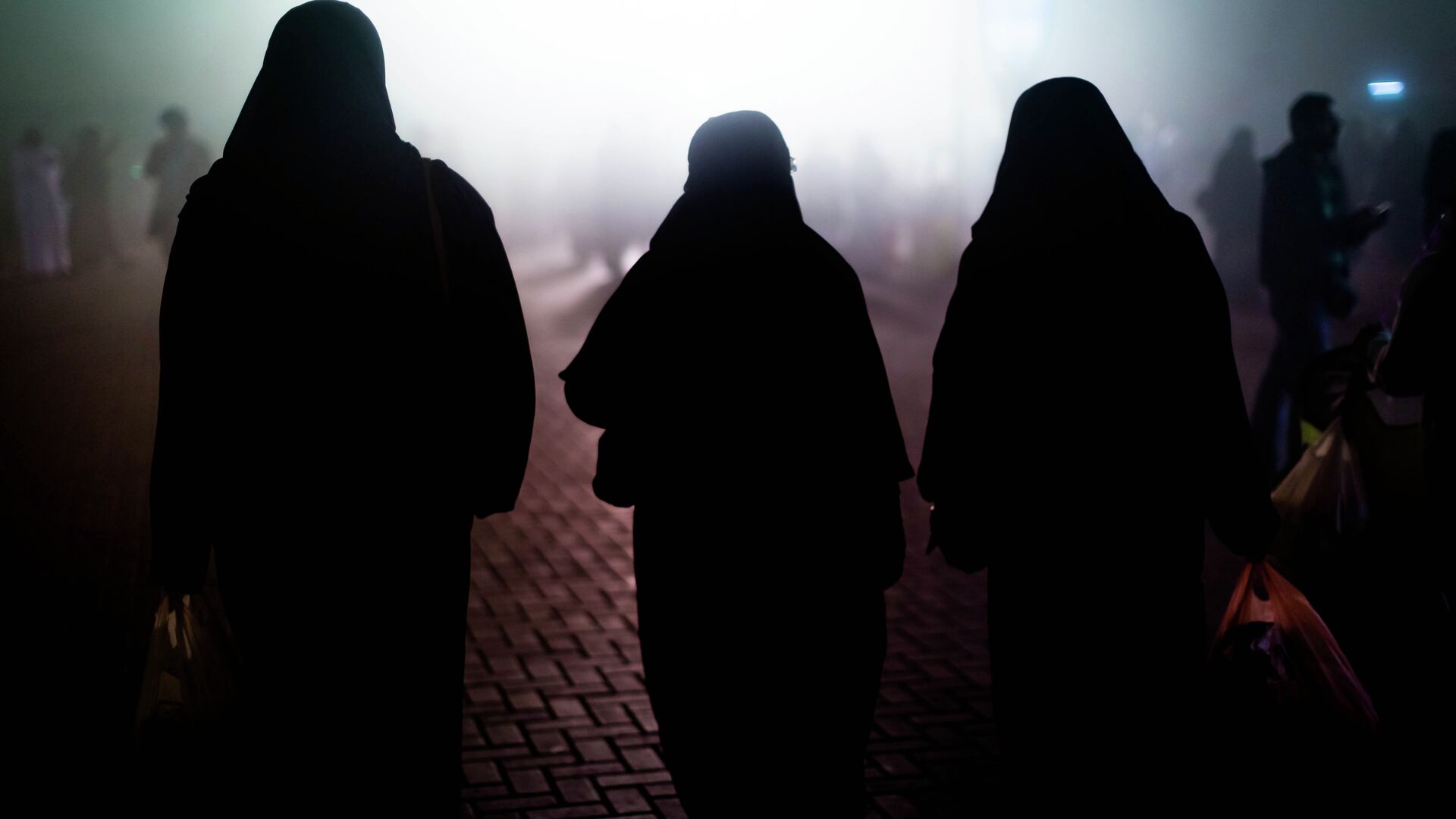Arab Women Call for ‘General Strike’ Against Femicide After Spate of Murders in Egypt, Jordan, UAE
18:32 GMT 30.06.2022 (Updated: 18:46 GMT 30.06.2022)

© Flickr / Éole Wind
Subscribe
Arab women are organizing online for what they call a “general strike” on July 6 to protest against femicide and violence against women, following a number of shocking murders in recent weeks.
“The level of violence is extraordinary, so our action must be extraordinary, and our loss, whatever it may be, will not be greater than the loss of women's lives,” says the Facebook event for organizing the protest. More than 19,100 people have shown interest in it and more than 3,200 said they were “going” to the event, which is not taking place in any particular location.
In a statement, the Women’s Strike group calls especially on women in "feminist, legal, civil, and political groups to alert, stand in solidarity, and prepare for a women's strike that transcends borders."
On July 7, “we women refrain from carrying out our work and tasks (if possible), a women’s strike in which we centrally express our solidarity, and we leave the freedom of choice decentralized to any expression of protest, which includes everything,” the statement says.
The protests have been motivated by a number of shocking murders across the Arab world recently, including Nayera Ashraf in Egypt, Iman Rashid in Jordan, and Lubna Mansour in the United Arab Emirates. All were young, in their late teens or 20s, and were slain by men in fits of anger.
According to United Nations data, one-third of women globally will experience gender-based violence, including 37% of Arab women, although six in 10 victims refrain from asking for any type of support or protection.
“What it illustrates is that more than ever, the violence that women face across the globe is not based on a specific culture, or a faith or a class, it is purely because they are women,” Huda Jawad, the UK-based external co-director of the international Muslim feminist group Musawah, told Middle East Eye on Wednesday.
Indeed, women in a number of countries around the globe have taken to the streets en masse to demonstrate against femicide and violence against women, including in South Africa, the Dominican Republic, and France. In just the past few months, large demonstrations have been staged in Buenos Aires, Argentina, Ciudad Juárez and Mexico City, Mexico, and Istanbul, Turkey, the lattermost provoked by the attempted closure of the group “We Will Stop Femicide Platform Association” on accusations it committed "activity against law and morals.”
“There really needs to be an understanding that violence against women and girls is systemic,” Jawad explained. “It starts from a spectrum from kind of jokes, further things like harassment, discriminatory laws against employment, education, choices of marriage. Women are not recognized as legal entities in their own right, according to these laws - not in Islam, but according to these laws. When we live in a legal context that says perpetrators are allowed to commit violence and harm to women with impunity and with the blessing of the law, it is no surprise that we have these incidents.”
Jawad cited the prophet Mohammad as precedent for her position, noting that “his first divine message, an act from Allah, was to stop female infanticide.” She said “there are examples where the codification of equality for women according to Islamic practices and customary laws is possible,” such as in Morocco and Tunisia, and even recent moves in Saudi Arabia.
“Allah says ‘I made you from one soul and I made you equal,” she noted. “If we’re good enough for God, then we’re good enough for man.”
